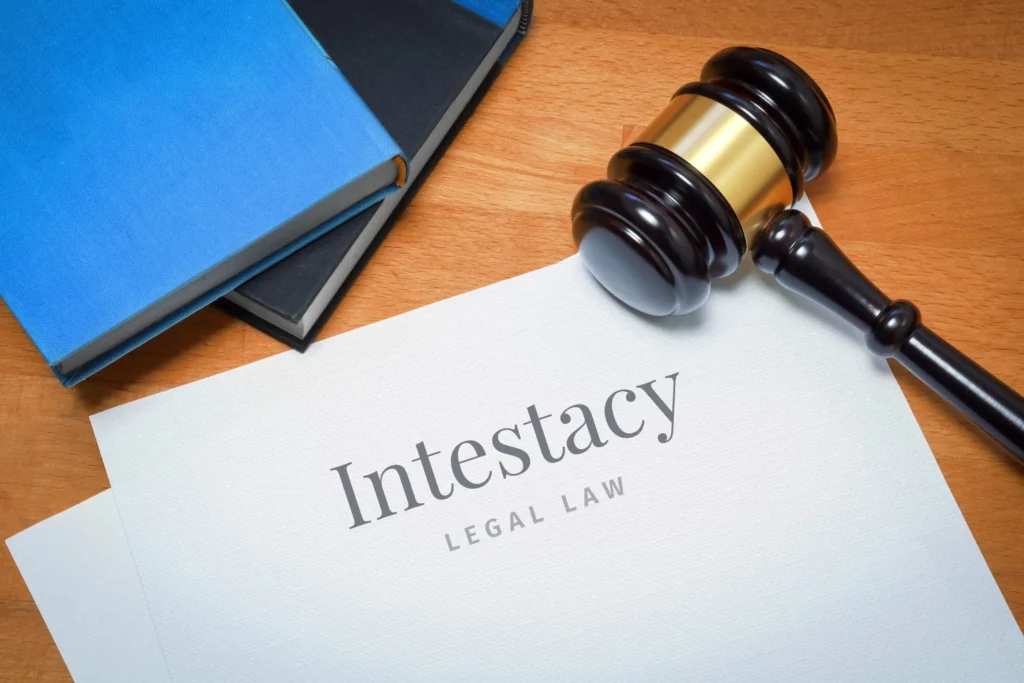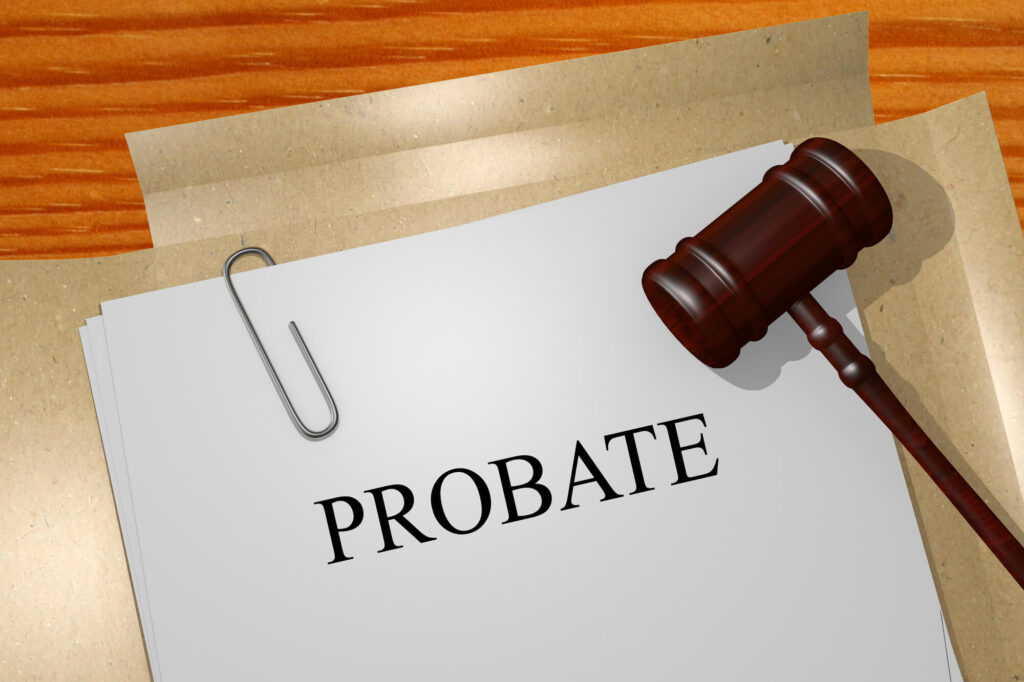Understanding the Texas Probate Timeline: Key Milestones
The Texas probate timeline can vary significantly based on the complexity of the estate, but understanding key milestones can help executors and beneficiaries navigate the process more effectively. From filing the will with the court to the final distribution of assets, each step has its own timeframe and requirements.
Typically, the probate process begins with the filing of the application for probate, which must occur within four years of the decedent's death. Following this, the court will appoint an executor, and a hearing is scheduled to validate the will. It's essential for those involved to be aware of deadlines for filing necessary documents and responding to court inquiries to ensure a smooth process.
Executor Duties in Texas Probate: Responsibilities and Challenges
Being named the executor of an estate in Texas comes with significant responsibilities and challenges. Executors are tasked with managing the estate, ensuring debts are paid, and distributing assets according to the will or state law if there is no will.
This role requires a thorough understanding of Texas probate laws and the ability to handle various tasks, such as gathering assets, maintaining property, and filing tax returns. Executors must also communicate effectively with beneficiaries and navigate potential disputes that may arise during the probate process.
Common Mistakes in Texas Probate: What to Avoid
Understanding common mistakes made during the Texas probate process can help executors and beneficiaries avoid costly delays and legal complications. One frequent error is failing to adhere to deadlines for filing documents or responding to court notices, which can lead to unnecessary complications.
Another common pitfall is not keeping accurate records of all transactions related to the estate. Executors should maintain clear documentation of all financial activities, including payments made to creditors and distributions to beneficiaries, to ensure transparency and accountability throughout the probate process.
Alternatives to Probate in Texas: Exploring Other Options
For some individuals, navigating the probate process may not be necessary. Understanding alternatives to probate can provide families with more efficient and less costly options for transferring assets. Common alternatives include living trusts, joint ownership, and beneficiary designations that allow assets to pass directly to heirs without court intervention.
Each of these alternatives has its own set of benefits and considerations. For instance, a living trust can help avoid probate altogether, but it requires upfront planning and management. Families should evaluate their unique situations and consult with legal professionals to determine the best approach for their estate planning needs.










